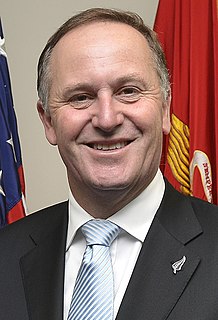A Quote by Sushma Swaraj
This is the era of television and media. If you do not raise issues, then people say that the MLA does not speak in the House. You have to play an effective role in the assembly. Raise issues related to your area.
Related Quotes
Right after undergrad, I started doing low-level work on health issues in sub-Saharan Africa, and what struck me was the disconnect between how people in New York would speak about some of the issues people were facing. At the time, 2006-ish, there were a number of big media campaigns to raise awareness about HIV in sub-Saharan Africa.
Just as it wouldn't be right to only to have an economic dialogue with China, equally you shouldn't restrict your dialogue solely to issues around, say, human rights. You can raise all those issues, and that is what reflects a mature discussion. So I don't think essentially we have to choose between being partners in China's economic development and being proud defenders of British values.
We need to start identifying the triggers that aggravate mental health issues in our society - bullying, social media negativity and anxiety, gender based violence, substance abuse, stigma around issues such as maternal issues, etc., and we need to speak up about these more and get to the source of the problems.


































